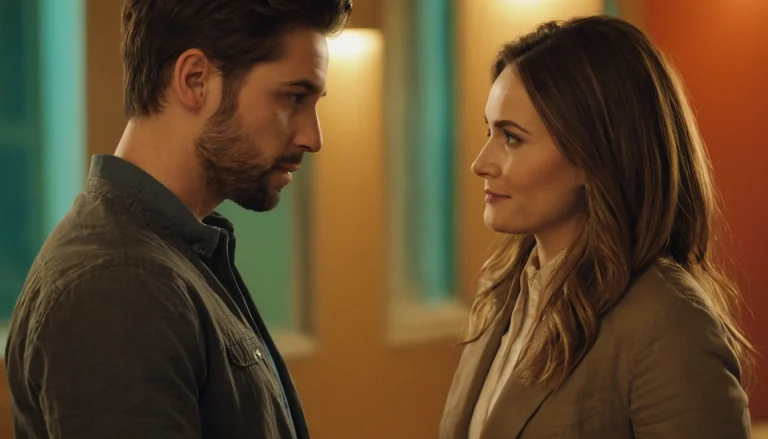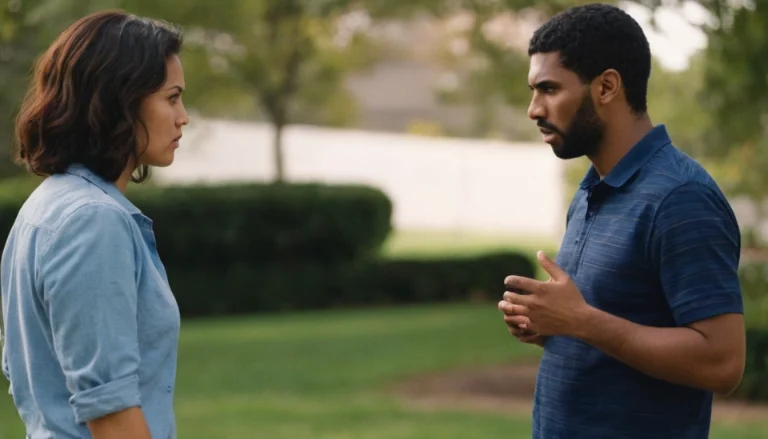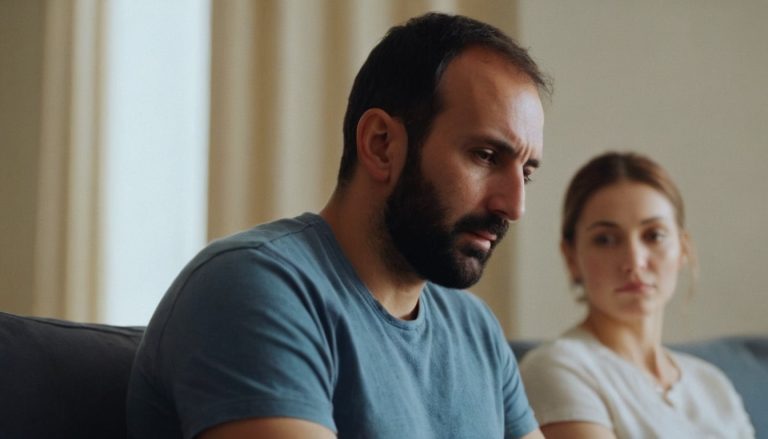When Love Feels Like a Dead End: Should You Stay or Leave?
Love is supposed to feel warm, fulfilling, and safe. But what happens when it doesn’t? When every conversation turns into an argument, when you feel unheard, unseen, or simply exhausted? Sometimes, love stops being a source of joy and becomes a source of pain, confusion, and self-doubt.
If you’ve been asking yourself, Should I stay or should I go?—you’re not alone. Many people find themselves at this crossroads, wondering whether to fight for their relationship or walk away. The answer isn’t easy, but it becomes clearer when you take an honest look at your situation and your feelings.
(If trust has been broken in your relationship, you might find our previous article on rebuilding trust helpful.)
Signs Your Relationship Might Be at a Dead End
Not every rough patch means your relationship is doomed. Love has ups and downs. But some signs suggest a deeper, more fundamental issue:
1. You’re Constantly Unhappy
Every relationship has rough moments, but happiness should outweigh the pain. If your relationship drains you more than it fills you, that’s a red flag.
2. You Feel Alone, Even When Together
Loneliness inside a relationship can feel even worse than loneliness alone. If you no longer feel emotionally connected, that’s a serious concern.
3. You’re Walking on Eggshells
Do you hesitate before speaking, afraid of triggering an argument? Do you hide parts of yourself to avoid conflict? A healthy relationship should feel safe, not suffocating.
4. You’ve Stopped Trying (Or Your Partner Has)
Effort is what keeps love alive. If one or both of you have emotionally checked out, the relationship may already be in its final stage.
5. There’s No Mutual Respect
Disagreements are normal, but contempt, belittling, or emotional manipulation are not. If your partner doesn’t respect your feelings, opinions, or needs, it’s hard to build anything meaningful.
6. Your Core Values Clash
Love isn’t always enough. If you have fundamental differences in values—about family, life goals, or how to treat each other—those gaps may be impossible to bridge.
Why It’s Hard to Walk Away
Even when we know a relationship isn’t right, leaving can feel impossible. Maybe you’ve invested years, built a life together, or fear being alone. Maybe you keep hoping things will change.
Here are some common reasons people stay, even when they’re unhappy:
- Fear of starting over – The unknown is scary. But staying in a bad situation out of fear means settling for less than you deserve.
- Love, despite the pain – It’s possible to love someone and still acknowledge they’re not right for you.
- Hope for change – Maybe your partner could change. But are they showing signs of real effort, or just empty promises?
- Comfort and routine – Change is hard, even when it’s necessary.
- External pressure – Family, society, or mutual friends may make you feel guilty about leaving. But this is yourlife.
If you recognize yourself in these, know that you’re not alone. It’s okay to feel conflicted. The key is to recognize when love is keeping you safe—and when it’s keeping you stuck.
Should You Stay and Work It Out?
If both partners are willing to work, many relationships can be saved. Here’s what rebuilding looks like:
- Open Communication – Both of you must be willing to talk honestly, even about difficult things.
- Therapy or Counseling – A professional can help navigate deep-rooted issues.
- Rebuilding Trust and Respect – Love without respect isn’t love. Can you find your way back to mutual appreciation?
- Effort from Both Sides – One person can’t save a relationship alone.
If these things feel possible, it may be worth trying to heal. But if only you are willing to put in the effort, that’s a sign it’s time to let go.
When It’s Time to Walk Away
Leaving is painful, but sometimes it’s the only path to happiness. You deserve a relationship where you feel loved, supported, and valued.
Consider leaving if:
- You’ve tried everything, and nothing changes.
- You feel more like a roommate than a partner.
- You can’t be yourself in the relationship.
- The thought of staying feels heavier than the thought of leaving.
- There’s emotional, verbal, or physical abuse—this is never okay.
It’s okay to choose yourself. It’s okay to let go of love that no longer serves you. It’s okay to walk away from a relationship that hurts more than it heals.
Moving Forward
No matter what you choose, healing takes time. Be gentle with yourself. Surround yourself with support—friends, family, or a therapist. Know that love shouldn’t feel like a dead end. The right relationship will bring peace, not confusion.
Remember: You are not stuck. You have choices. And whatever you decide, you are worthy of love that makes you feel whole.
Feeling stuck in a relationship is painful. Sometimes, love alone isn’t enough, and the hardest decision is whether to fight for what you have or walk away. If trust is the issue, then the first step is understanding whether it can be rebuilt. Rebuilding Trust: How to Heal After Disappointments explores ways to mend a broken foundation and assess whether healing is possible.
On the other hand, emotional distance can be just as damaging as betrayal. If your relationship feels cold and disconnected, Emotional Distance: How to Reconnect When You Feel Like Strangers may help you understand what’s causing the gap and how to bridge it.






